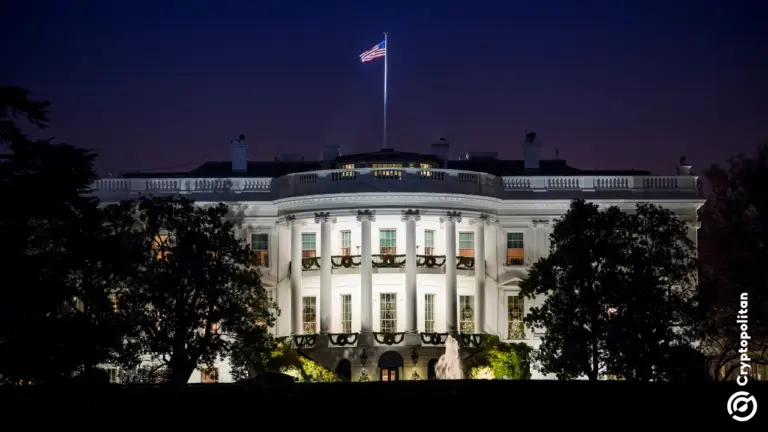Michael Saylor Reaffirms Bitcoin Retention Strategy
- MicroStrategy owns 550,000 BTC through ongoing accumulation, influencing scarcity.
- Bitcoin increases from 386,700 BTC to 550,000 BTC by 2025.
- Saylor promotes Bitcoin as a primary reserve asset for companies.
Michael Saylor’s persistence demonstrates a major shift in corporate Bitcoin holding strategy, signaling confidence to markets and setting a precedent for strategic asset use.
MicroStrategy , under Michael Saylor’s leadership, has substantially increased its Bitcoin holdings, aiming to transform the cryptocurrency into a recognized reserve asset. As of July 2025, MicroStrategy has accumulated over 550,000 BTC. Saylor announced, “Bitcoin is my exit strategy,” underscoring his commitment to maintaining the assets despite market fluctuations. The company’s strategic acquisition since early 2025 tightened the circulating supply, reinforcing Bitcoin scarcity. This move discourages short-term speculation and encourages long-term corporate investment.
Michael Saylor’s decisions significantly impact market dynamics and perception of Bitcoin as a legitimate financial instrument. With actions aligning with his ambition for Bitcoin to become a recognized reserve, he challenges traditional financial frameworks. The commitment to holding Bitcoin aligns with a shift in corporate savings strategy, driving collective market confidence. Historical endorsements from major firms like Tesla have affected short-term volatility, but MicroStrategy’s sustained engagement presents a new business model.
MicroStrategy’s consistent strategy may reshape how corporations manage treasury assets, pointing toward a Bitcoin-native bond market. By encouraging use of Bitcoin-backed capital , Saylor expands potential institutional applications. His public stance fosters a ripple effect, likely increasing corporate engagement with digital assets.
Bitcoin’s evolving role as a corporate reserve may alter global financial strategies, affecting market liquidity and stability. Saylor’s focus on Bitcoin fundamentally challenges current savings practices, advocating for broader institutional adoption. This perspective on cryptocurrency economy could drive regulatory responses and technological advancements.
BTC is not a company, it’s an asset class. The capital structure of companies isn’t large enough to accommodate trillions of dollars in savings. – Michael Saylor, Executive Chairman, MicroStrategy.
Disclaimer: The content of this article solely reflects the author's opinion and does not represent the platform in any capacity. This article is not intended to serve as a reference for making investment decisions.
You may also like
Australia’s consumer spending surge may curb future RBA rate cuts
Share link:In this post: Australian household spending is rising as incomes and house prices increase. Bullock said strong spending could limit future RBA rate cuts in the country. U.S. tariffs remain a major risk to Australia’s economy and the global outlook.
XRP army’s advocacy credited in Ripple’s landmark SEC win
Share link:In this post: Attorney John Deaton claims the XRP Army influenced Judge Torres’ decision on the lawsuit against Ripple. Some X users agreed with Deaton’s view. McCrimmon says Ripple is still focused on making payments and transactions seamless.

ECB’s Lagarde urges tougher rules on non-EU stablecoins
Share link:In this post: ECB President Christine Lagarde wants stricter rules for non-EU stablecoins. The U.S. and China are creating their own stablecoins. Poor oversight could cause runs and costly bailouts.
Trump invites tech CEOs to Rose Garden for inaugural policy dinner
Share link:In this post: Trump is hosting a private policy dinner with two dozen tech leaders at the White House Rose Garden on Thursday. Top CEOs attending include Zuckerberg, Cook, Gates, Altman, and other major AI and crypto figures. Elon Musk was not invited after a public feud with Trump over taxes and political credit.
